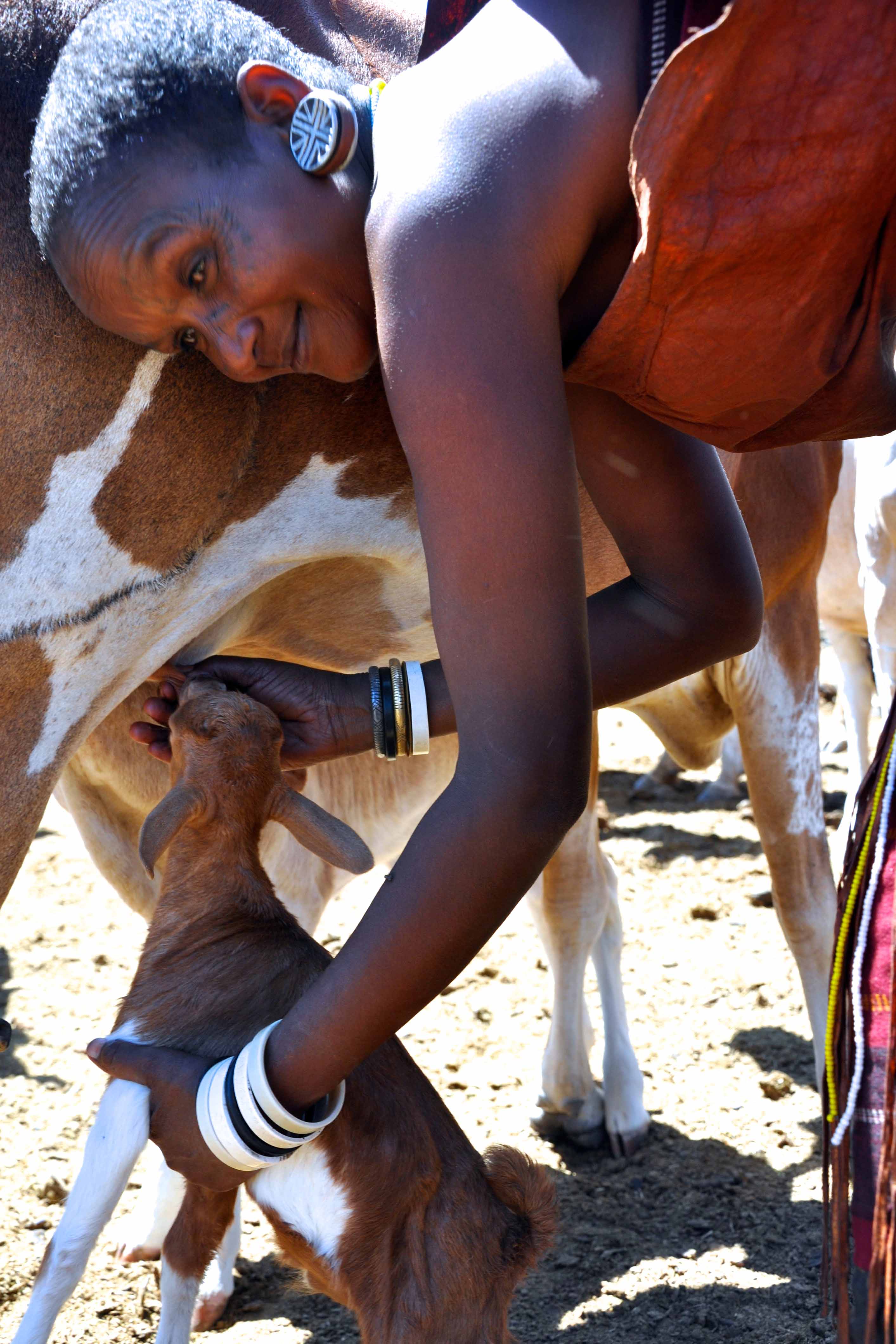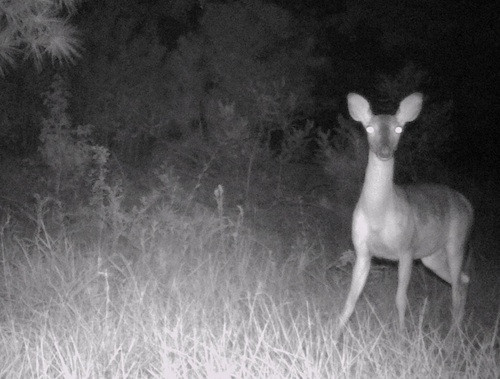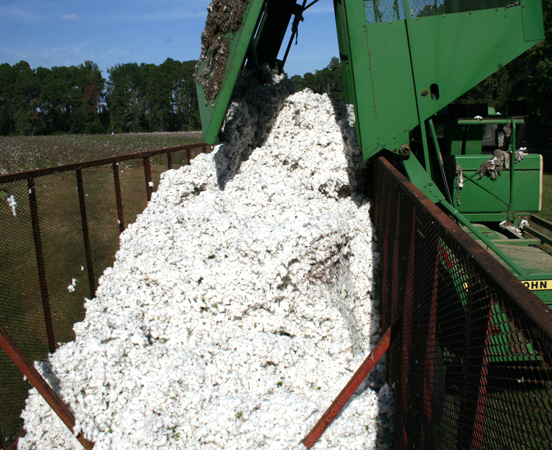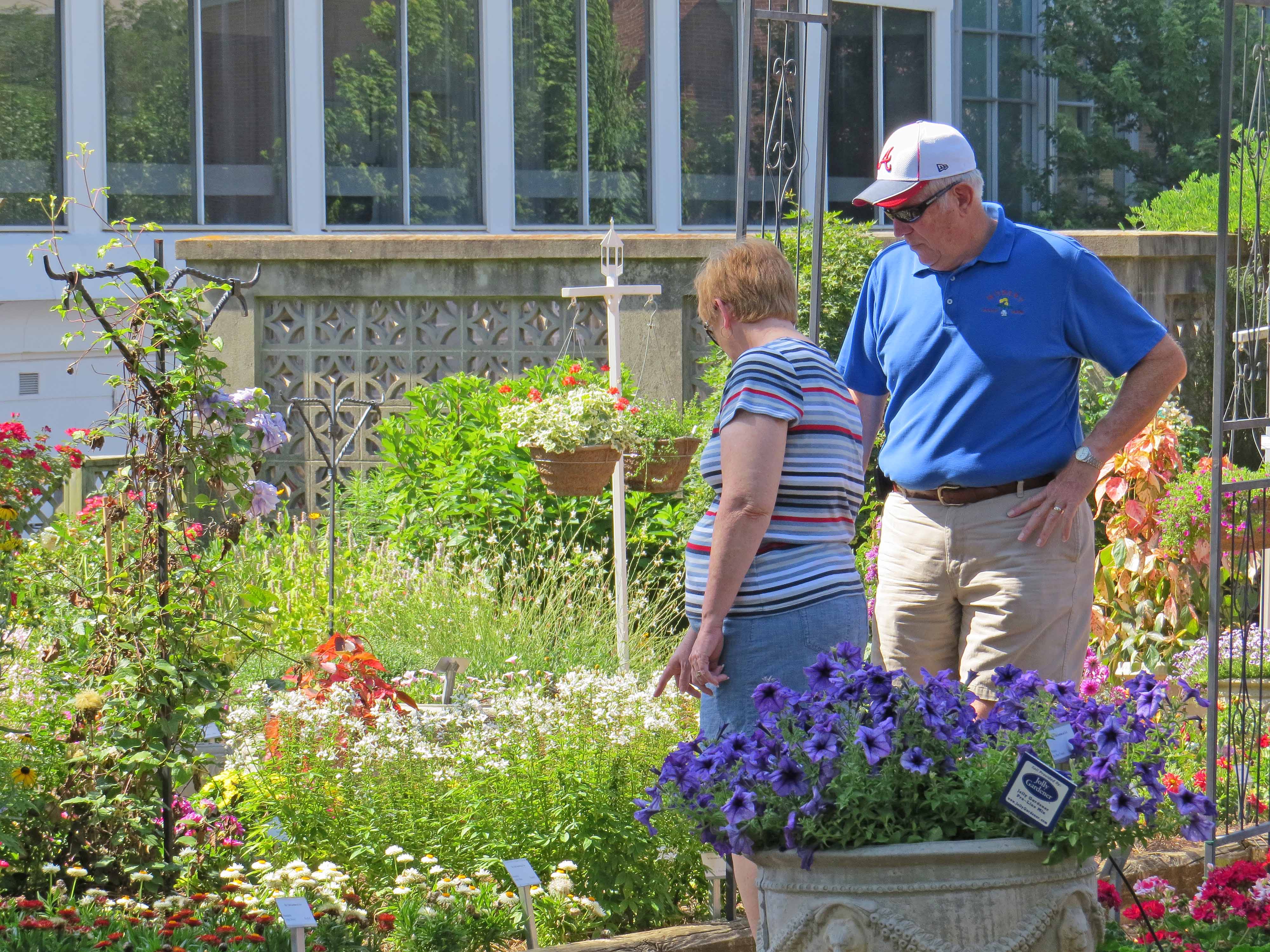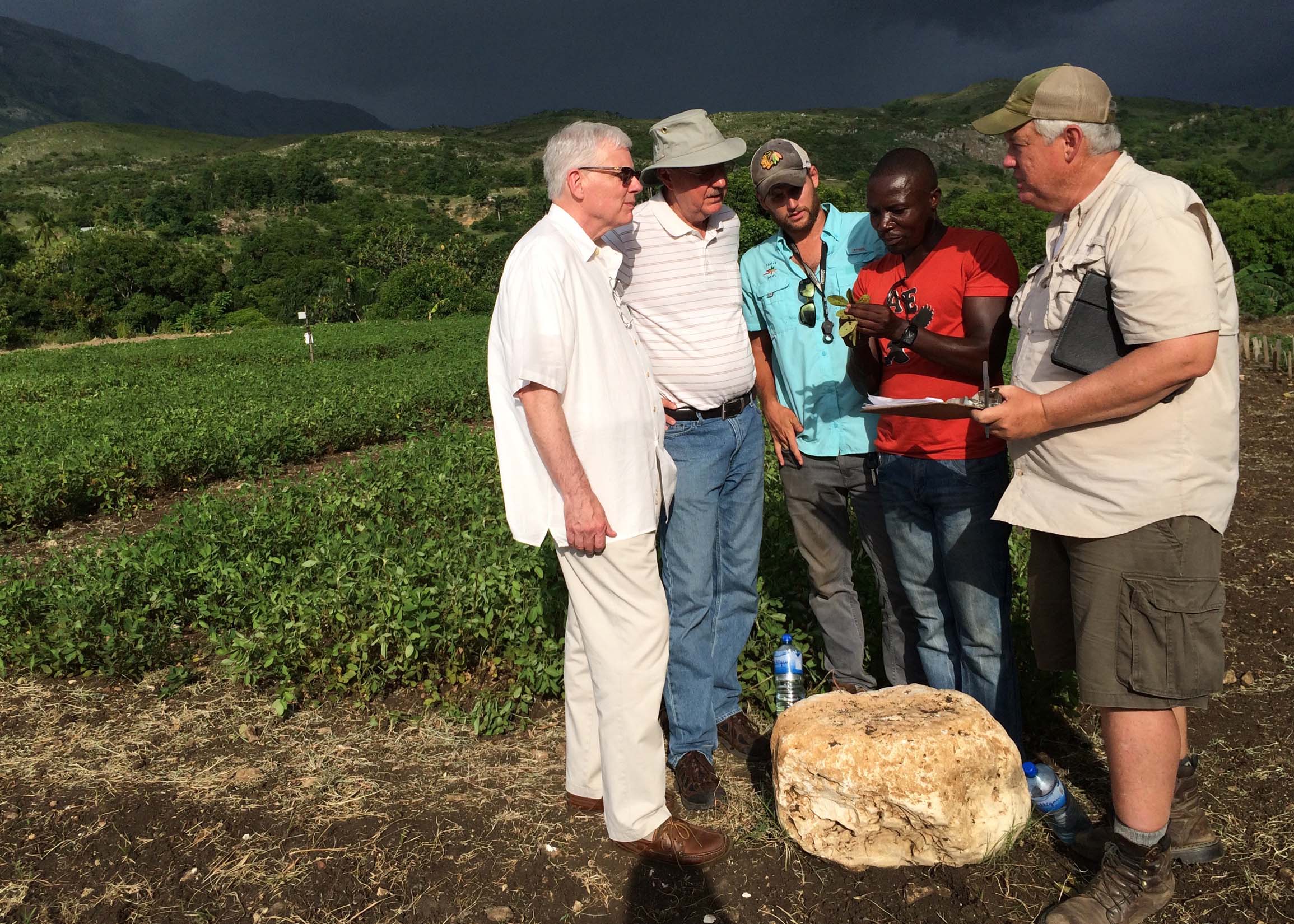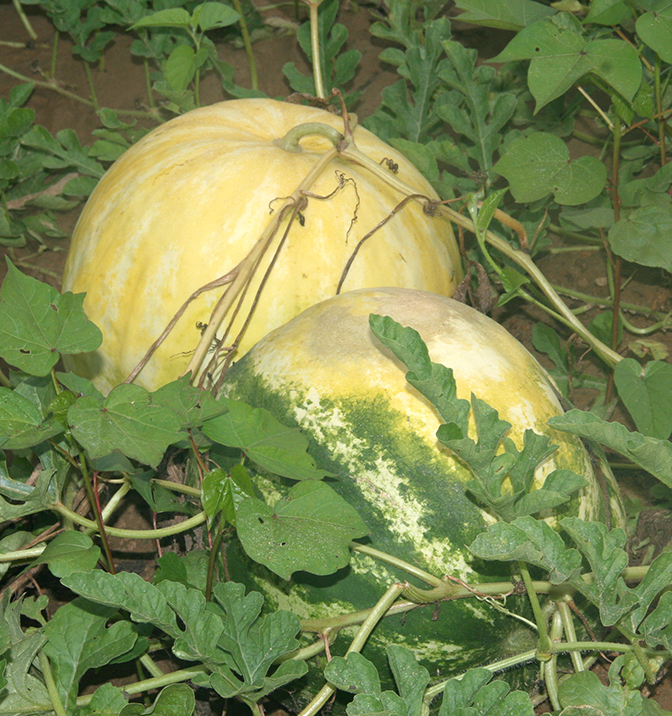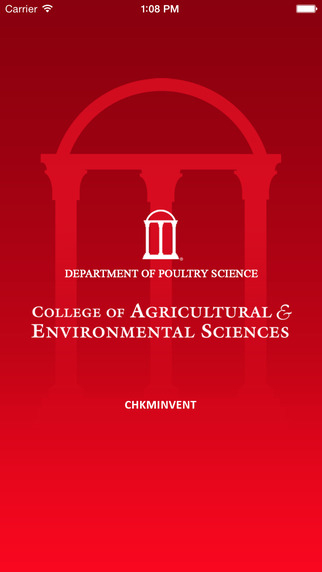 CAES News
CAES News
UGA poultry experts release first app to help farmers ventilate poultry houses during cold weather
University of Georgia poultry housing experts have released the state’s first app to help poultry farmers determine how much they should ventilate their houses during cold weather.

